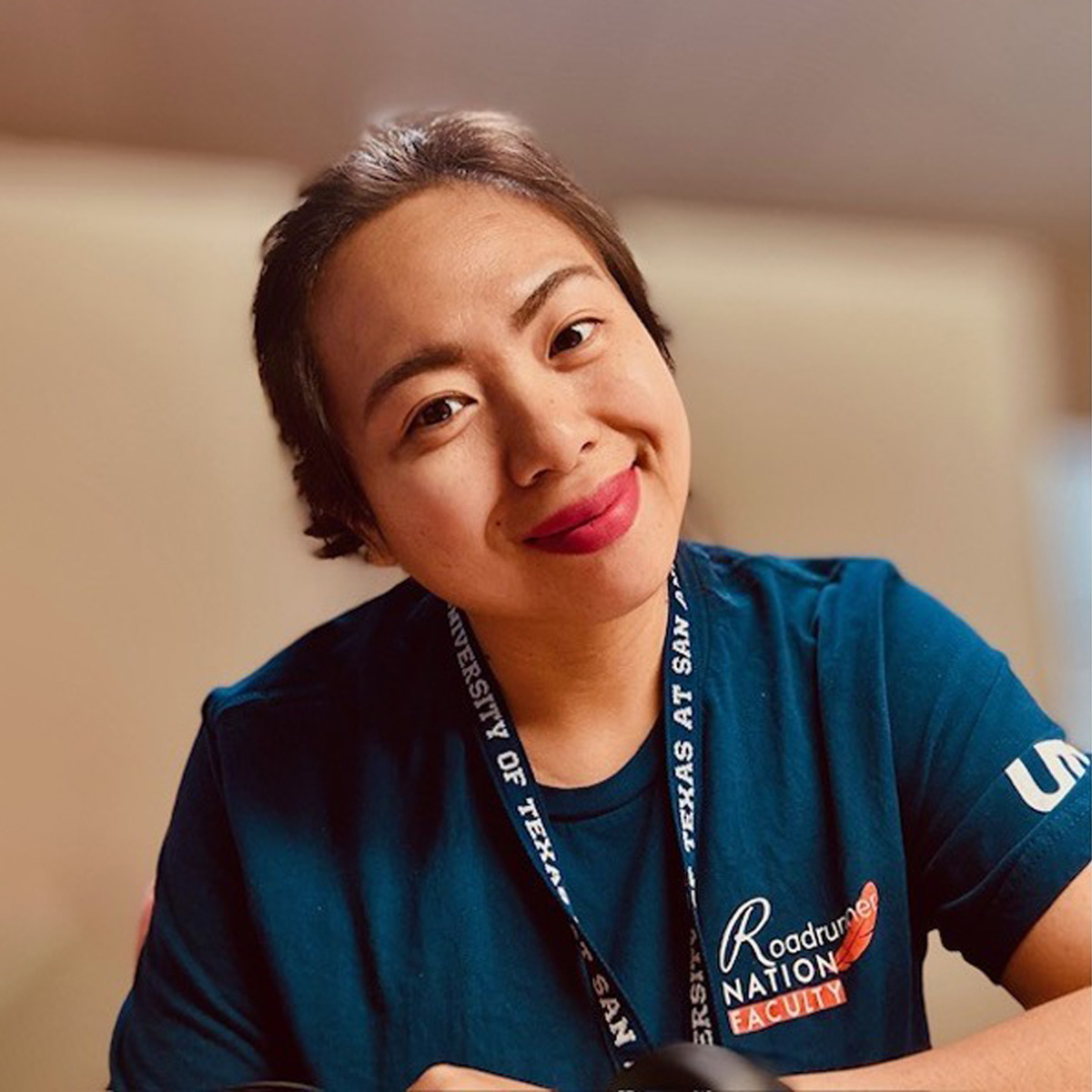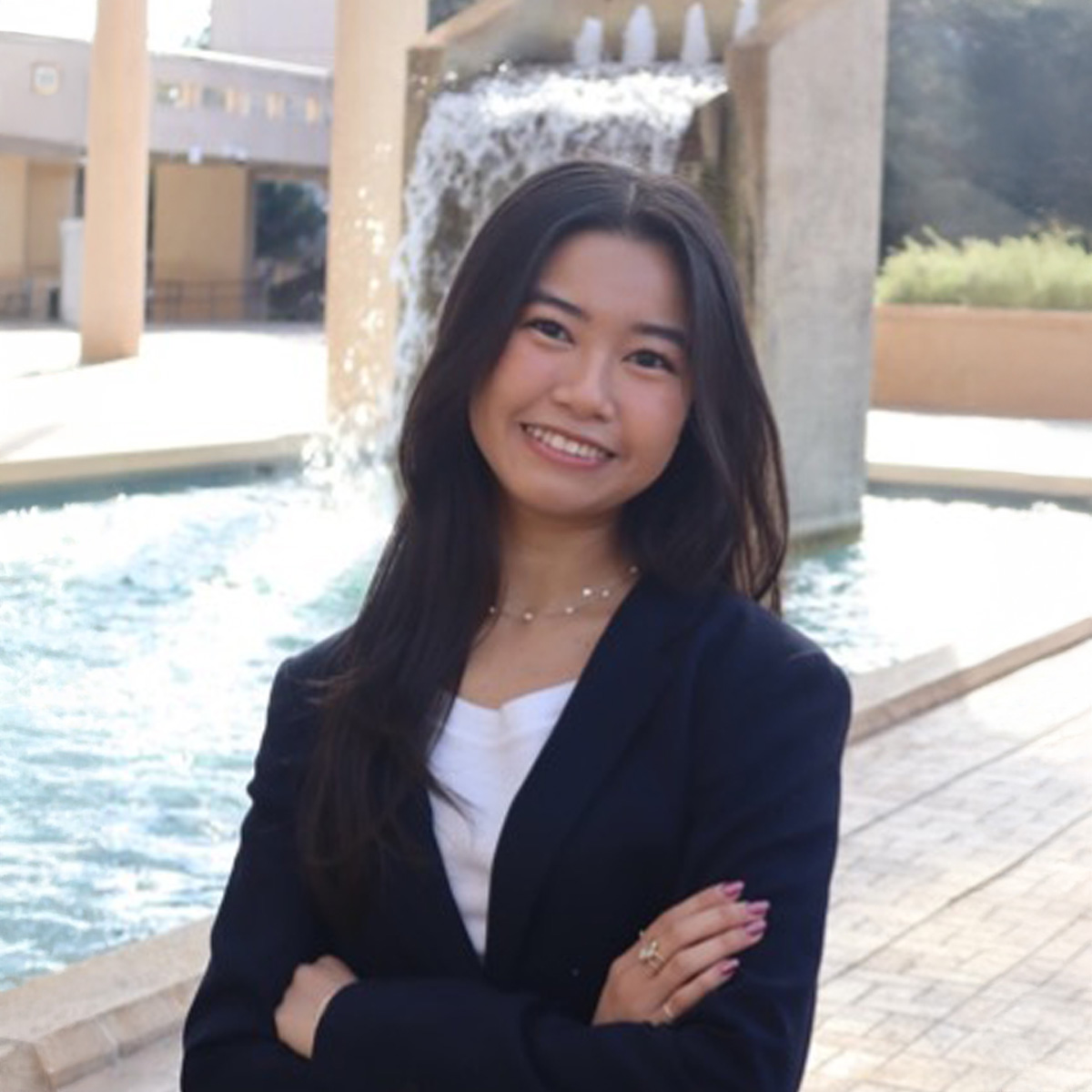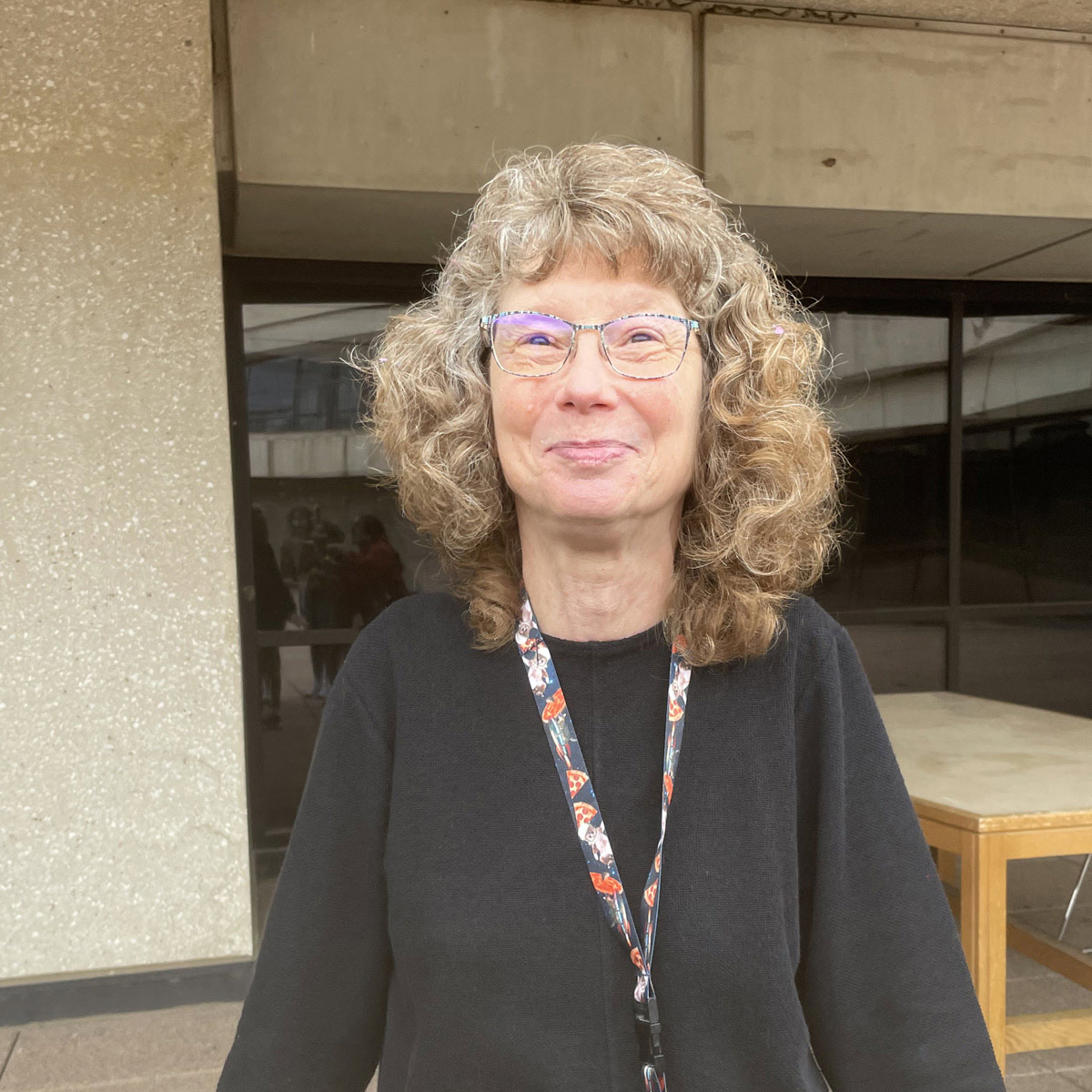Posted on August 1, 2022 by College of Sciences
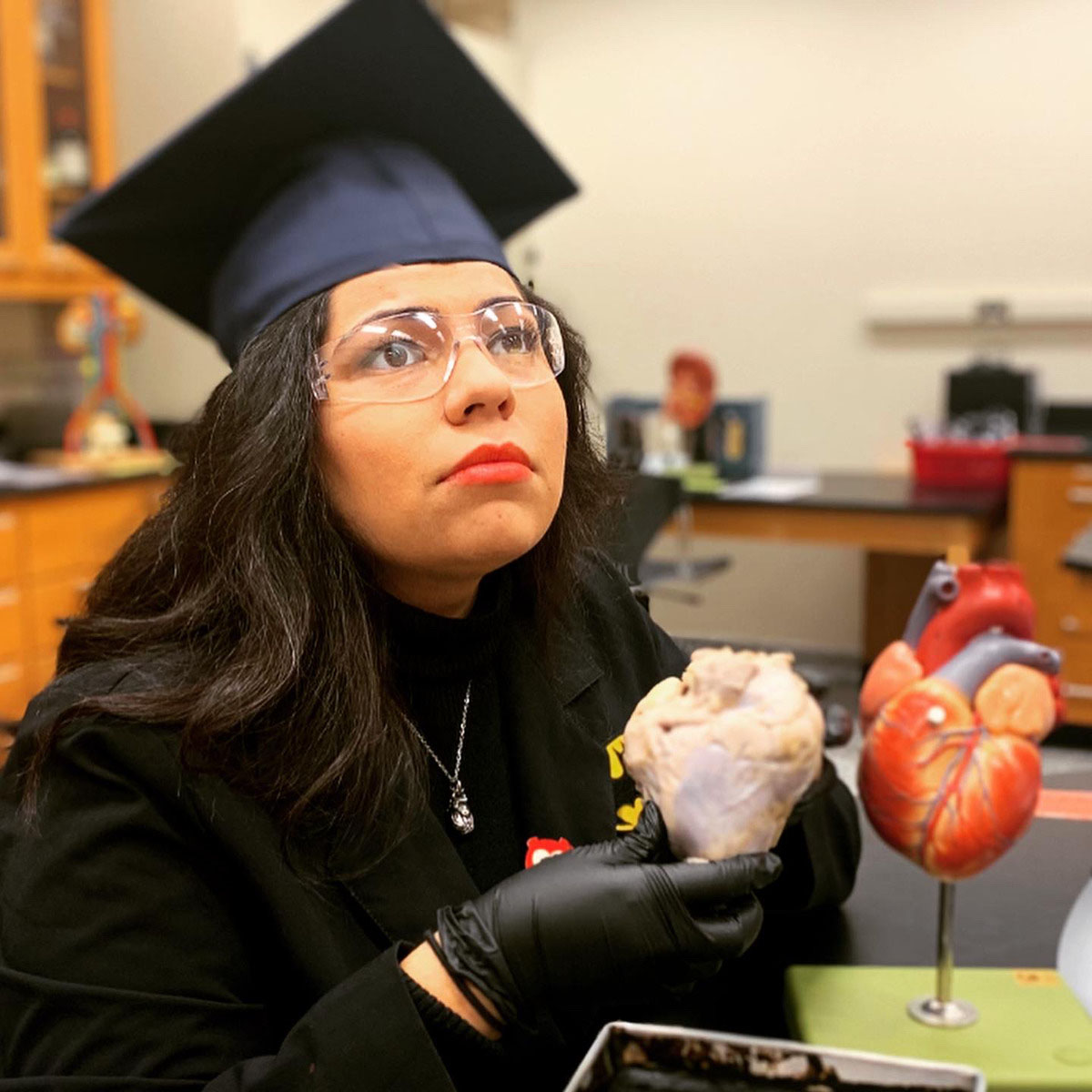
Yelitza Ramirez
By Pelle Muñoz
Meet Yelitza Ramirez, a COVID-19 epidemiologist for the City of San Antonio Metropolitan Health District and UTSA alumna.
Yelitza's academic career at UTSA started in 2013 when she began her pursuit of a B.S. in biology. Upon graduating, she set her sights on her master's in the same field, which she completed at UTSA in 2019. UTSA's proximity to home and strong commitment to its students made the university a perfect fit for Yelitza. In her eyes, it is this dedication that sets UTSA apart from other institutions.
"UTSA has many programs and student organizations that help students thrive and find their niche at the university," said Yelitza. "I feel that UTSA really encourages students to find their fit, and that helps them develop a sense of belonging."
Among Yelitza's favorite parts of her area of study are the professors and course content. She recalls engaging in class discussions with her professors, Nicole Wicha and Kelly Suter, during their cognitive neuroscience and graduate physiology courses. "I enjoyed learning from their expertise, which assured me that I was receiving a quality education at UTSA."
During the last semester of her undergraduate studies, Yelitza joined a cancer research lab, where she continued working through her graduate career. The Cancer Fight Club was formed in response to the desire for the students of the lab to provide cancer-related outreach to the community. Yelitza fondly recalls a holiday event where she and her colleagues visited the Children's Hospital of San Antonio to sing Christmas carols to the pediatric oncology unit.
"My colleagues and I dressed as Santa's Elves, and we had our Faculty Advisor dress as Santa Claus while we passed out gifts," said Yelitza. "I was elated that we could do something so small to put a big smile on those kids' faces."
Currently, Yelitza works as an COVID-19 Epidemiologist for the City of San Antonio Metropolitan Health District's COVID-19 Response Team. She is responsible for conducting disease investigations and contact tracing by talking to individuals who have been infected with COVID-19. She also provides relief resources, infection prevention recommendations and public health education.
"A big part of my job involves talking to these individuals and answering their questions about the virology of SARS-CoV-2," said Yelitza. "Luckily, my degree in biology has helped me relay that information to the public in an easy-to-understand manner."
In her spare time, Yelitza volunteers at a biomedical start-up participating in pre-clinical in vivo studies involving an anti-cancer therapeutic.
"UTSA has instilled in me the drive to become active in community engagement," said Yelitza. "The university cultivated a sense of duty to use my degree and knowledge to help others in need."
During her time at UTSA, Yelitza had the opportunity to highlight her research in poster presentations and publish a first-author manuscript. She has been able to translate the skills she acquired in the lab to her work in the public health field, which increased her capacity to write proposals and present them to her supervisors in the COVID-19 Response Team of San Antonio.
Having the ability to easily communicate information across multiple levels of scientific literacy has helped Yelitza emphasize the importance of vaccine administration, genomic testing, and evidenced-based recommendations, which all contribute to her overarching goal of making San Antonio a healthier place to live. "UTSA cultivated the seed of science in me, and all the professors I had through both my undergraduate and graduate studies watered that seed, which allowed it to blossom into the career I have today."
Yelitza stresses the importance of finding a mentor. "The best thing that could've happened to me was finding a supportive mentor that not only helped me academically, but also professionally," said Yelitza. "Finding that academic mentor will help you with networking, and if you plan on staying in the STEM field, networking is everything."
Recently, Yelitza was given the opportunity to become part of a team of scientists to research the regenerative properties of human donor tissue. Her research will be applied to treatments involving large wounds, scar tissue, and bone regeneration after injury.
Yelitza looks back at her time at UTSA with happiness and gratitude. "I can confidently say that my future is looking bright because of the education and training I received from UTSA."
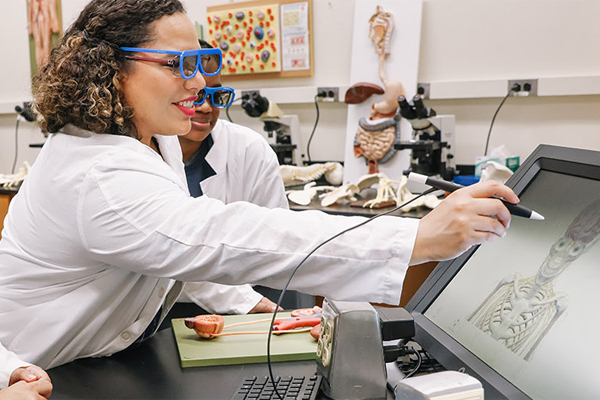
Explore the BHE Department!
Designed for students who want a focus in biological structures and systems from multicellular life to local ecosystems to the entire terrestrial biosphere. Students have access to strong research programs, state-of-the-art resources, and competitive financial support.
Recent BHE Spotlights
View More Spotlights